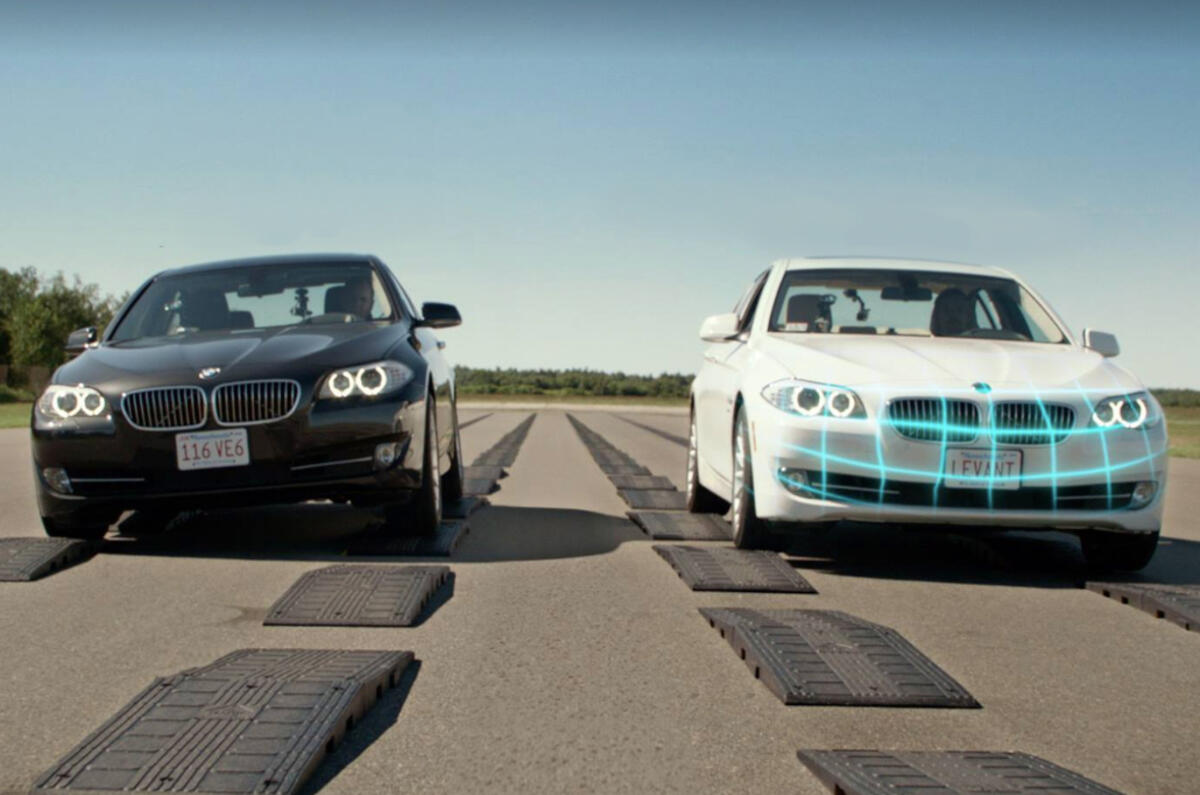Groundbreaking proactive suspension technology, which can essentially stop all car body movement caused by rough surfaces and cornering, will make its road car debut next year.
Developed by US engineering firm Clearmotion, the so-called ‘digital chassis system’ is said to be significantly more proactive than technology currently featured on even the market’s most luxurious cars, including air-sprung models such as the latest Mercedes-Benz S-Class and Bentley Continental GT.
“Our technology is the fastest proactive ride system that exists today,” Clearmotion CEO Shak Avadhany told Autocar in an exclusive interview. “It really delivers an almost instantaneous level of isolation that’s so noticeable you’d feel the difference in the first 10 feet of driving.”
Avadhany said the technology, which benefits from control software acquired from a 30-year skunkworks project at Bose called Project Sound, works by turning a car’s dampers into actuators. This allows them to actively, rather than passively, move in response to the surface beneath them. Avadhany said it’s drawn the attention of five major manufacturers but he refrained from revealing which.
“In our system, we equip the damper with an active valve that allows the fluid inside to pass in and out,” said Avadhany. “We have real-time accelerometers that are reading the road and reacting instantly, with motors providing the car with unparalleled ride quality.”
The set-up is being developed for introduction on a low-volume vehicle in 2019 before reaching the mass market in 2020 and demonstrators have shown it’s already at an extremely advanced stage. Recently released footage of a modified BMW 5 Series with Clearmotion’s tech shows it driving over speed humps and bumpy roads with no visible body movement. The wheels move freely within the arches to soak up all surface changes. The standard car, meanwhile, jiggles and leans throughout.
Despite the system’s apparent complexity, it’s being developed with price in mind, said Avadhany, one of three Massachusetts Institute of Technology students who founded Clearmotion in 2008. As a result, he doesn’t expect a drastic increase in cost for future models that use the system. Avadhany revealed that much of the development has taken place in the UK because of its challenging road surfaces and a “highly skilled engineering workforce”.
Read more
'Diesel-saving' technology could make it to market in two years
New ultra-capacitor tech could drastically boost battery EV range
Samsung: how it plans to develop world-leading autonomous car tech






Join the debate
Add your comment
Hemorrhoids?
I don't have them, so I still prefer to feel what's underneath the car's wheels.
Maybe they could combine it
Maybe they could combine it with that other innovation thats been in development for aeons, the tweel ?
Bose Demonstration
Have a YouTube search for the original Bose demonstation in a Lexus LS - it was a very impressive bit of kit. If this builds on that technology whilst keeping weight and costs down then it could be excellent.